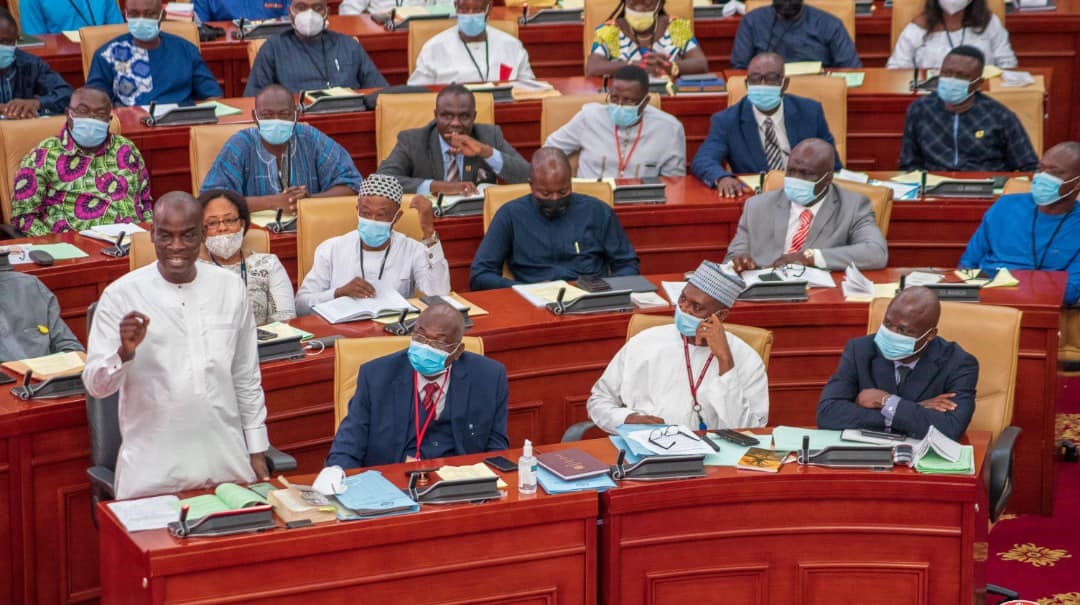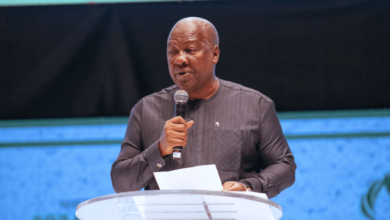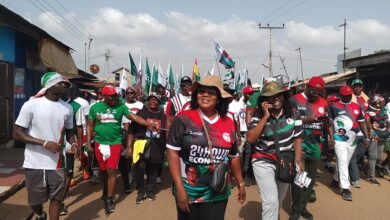
Lawyer Bobby Banson has cautioned the Minority against any attempt to physically prevent the Deputy Speaker from partaking in voting for decision-making in parliament.
According to him, anybody who attempts to do so will breach the Supreme Court ruling, which amounts to high crime, liable to 10 years imprisonment without the option of a fine.
Bobby Banson said if the Minority is unhappy with the apex court’s ruling, they can go for a review rather than take the laws into their hands.
“It cannot happen. If we are in a democratic regime, we have a constitution that gives the power to interpret the Constitution to the Supreme Court. If they’re not happy, they can go back to the drawing table.
“If anybody attempts to do that, the Constitution says anybody who disobeys the order of the Supreme Court is liable for high crime (liable to imprisonment for up to 10 years without the option of a fine and not be eligible for election or appointment to a public office).
He urged the Attorney-General to prosecute anybody who attempts to violate the laws in parliament.
“And I think that anybody who does that, the Attorney-General should take that step and prosecute the person. I mean, we may not agree completely with the ruling of the Supreme Court, but it doesn’t mean we should take the law into our own hands,” he said.
The Supreme Court presided over by Justice Jones Dotse ruled that a Deputy Speaker can be counted during the formation of a quorum for parliamentary decision-making and participate in voting while presiding over the parliamentary business.
The landmark judgment was given after private legal practitioner Justice Abdulai filed a case against the Attorney-General to contest the First Deputy Speaker, Joseph Osei-Owusu’s decision to count himself during a vote to approve the 2022 budget.
Justice Abdulai had also asked the Supreme Court to interpret Articles 102 and 104 of the 1992 Constitution and declare the action of Mr. Osei-Owusu as unconstitutional.
Subsequently, the court struck down Order 109(3) of the Standing Orders of Parliament and described it as unconstitutional.
The Minority has, however, described this decision by the court as interference by the judiciary in the works of parliament.




